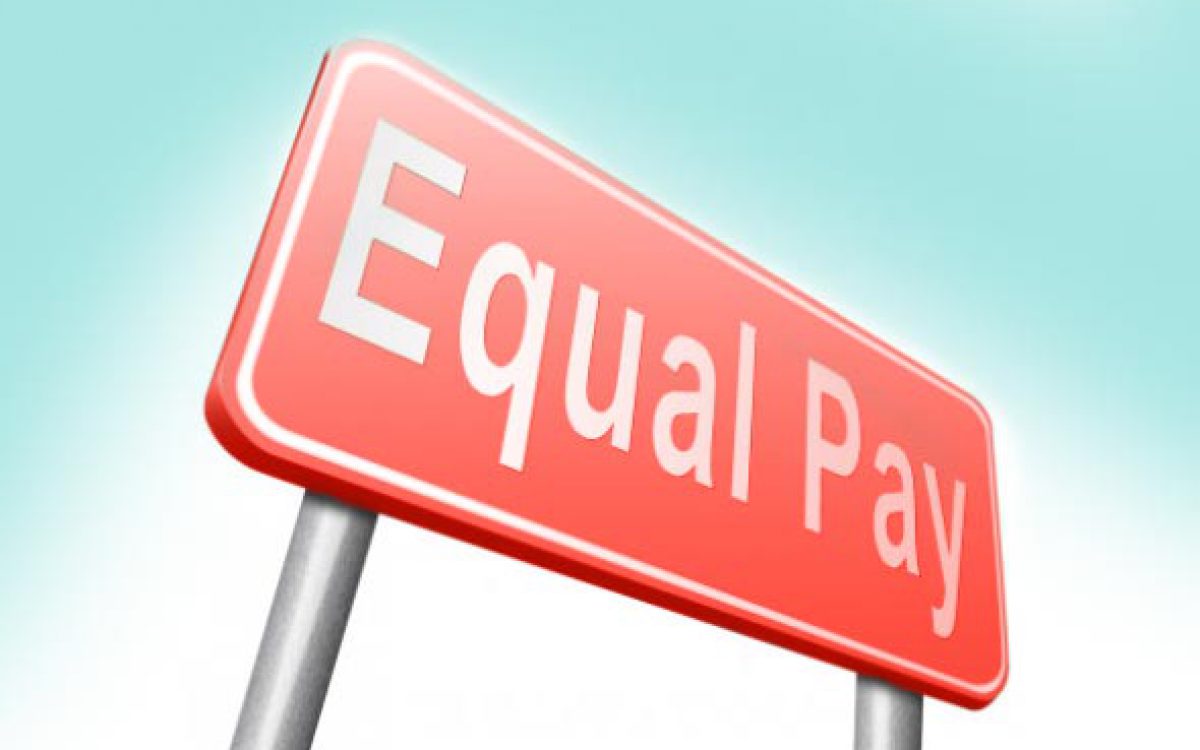Thanks to a recent court ruling, employers in the 9th Circuit (California, Alaska, Arizona, & Hawaii) can no longer justify disparity in employee pay based on an employee’s prior pay history. The decision in Rizo v. Yovino, eliminated a defense to pay equity claims for businesses across the west coast. Although the Equal Pay Act (“EPA”) contains a catch-all provision allowing employers to defend pay differentials caused by “any other factor other than sex,” an en banc panel of the 9th Circuit U.S. Court of Appeals concluded that prior salary history does not fit into that exception.
The court reiterated that only job-related criteria fall under the EPA’s catch-all defense of “any other factor other than sex.” The court noted that the kinds of circumstances it would permit to be considered include shift differentials, the time of day when work is performed, and other similar legitimate distinctions. But prior pay isn’t job-related for purposes of an EPA claim because it pertains to the salary the employee was paid at a different job, the court said, meaning it could not be used to justify paying a worker of one sex less than workers of the opposite sex for equal work.
The court further noted that “[t]he express purpose of the EPA was to eradicate the practice of paying women less simply because they are women,” the court concluded. “Allowing employers to escape liability by relying on employees’ prior pay would defeat the purpose of the Act and perpetuate the very discrimination the EPA aims to eliminate.”
Employers in the 9th Circuit now have some certainty when it comes to understanding the contours of the federal equal pay statute. However, they now need to adjust their business practices accordingly.
